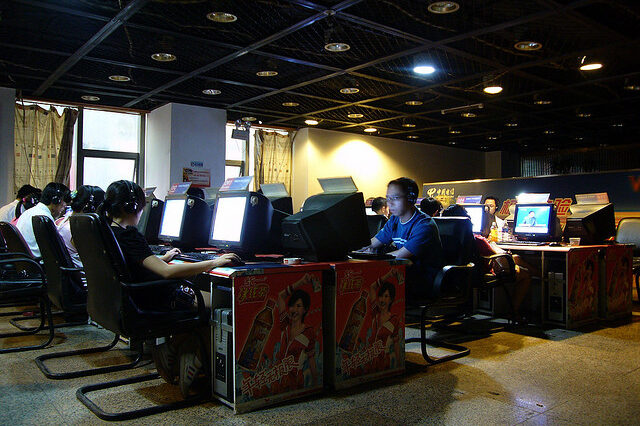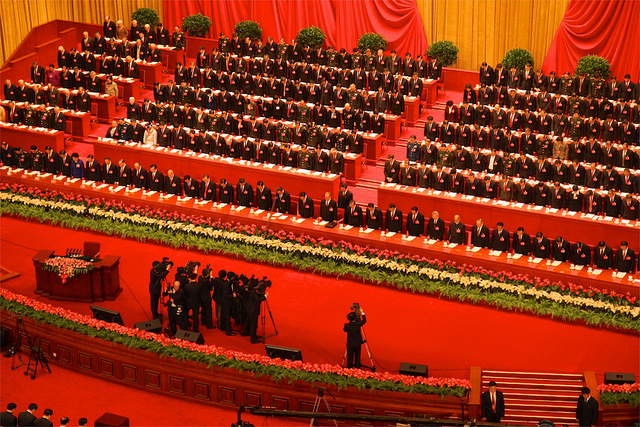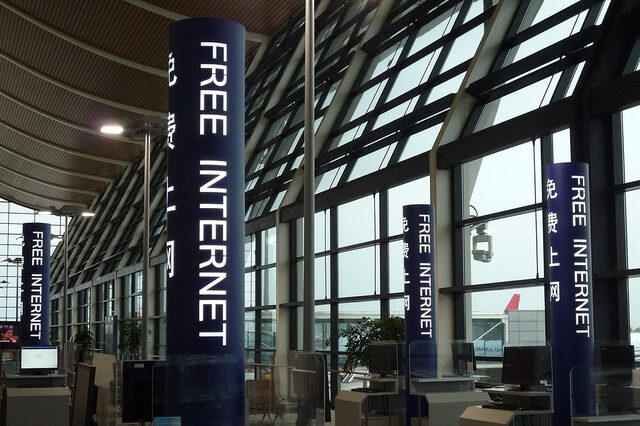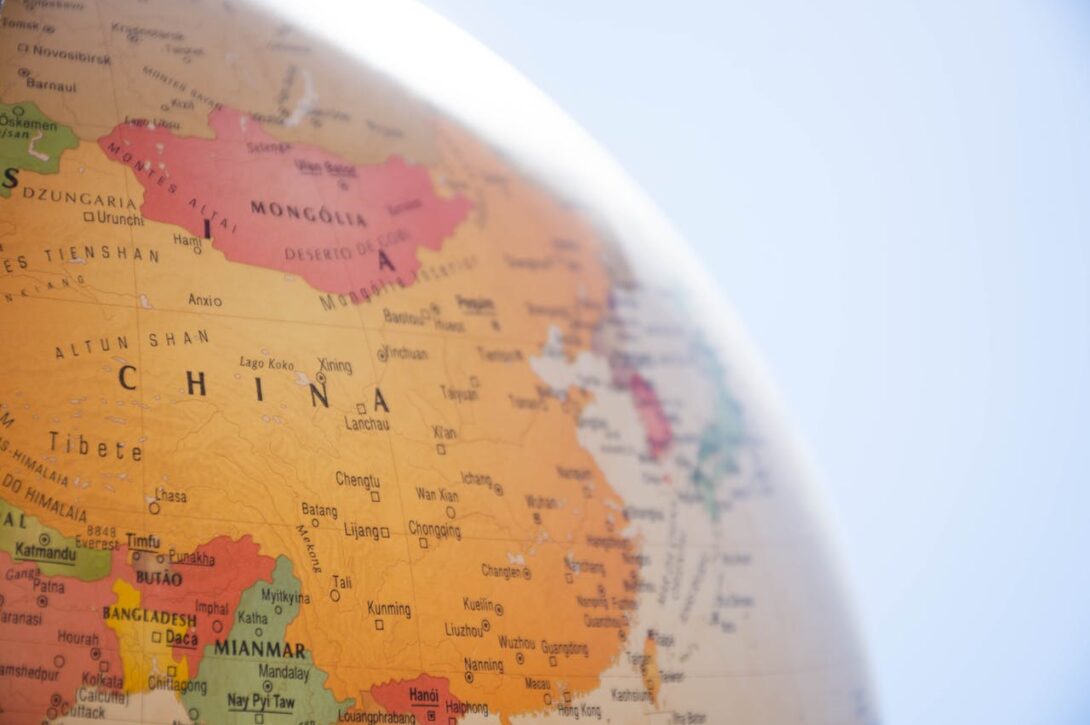Tag: China
All topics
-

Will China’s new national search engine, ChinaSo, fare better than “The Little Search Engine that Couldn’t”?
Branded explicitly as “China Search: Authoritative National Search,” ChinaSo reinforces a sense of national identity.…
-

How easy is it to research the Chinese web?
The research expectations seem to be that control and intervention by Beijing will be most…
-

Is China shaping the Internet in Africa?
Concerns have been expressed about the detrimental role China may play in African media sectors,…
-

Uncovering the patterns and practice of censorship in Chinese news sites
Is censorship of domestic news more geared towards “avoiding panics and maintaining social order”, or…
-

The complicated relationship between Chinese Internet users and their government
Chinese citizens are being encouraged by the government to engage and complain online. Is the…
-

How are internal monitoring systems being used to tackle corruption in the Chinese public administration?
China has made concerted efforts to reduce corruption at the lowest levels of government, as…
-

Chinese Internet users share the same values concerning free speech, privacy, and control as their Western counterparts
Many people—even in China—see the Internet as a tool for free speech and as a…
-

Is China changing the Internet, or is the Internet changing China?
By 2015, the proportion of Chinese language Internet users is expected to exceed the proportion…
